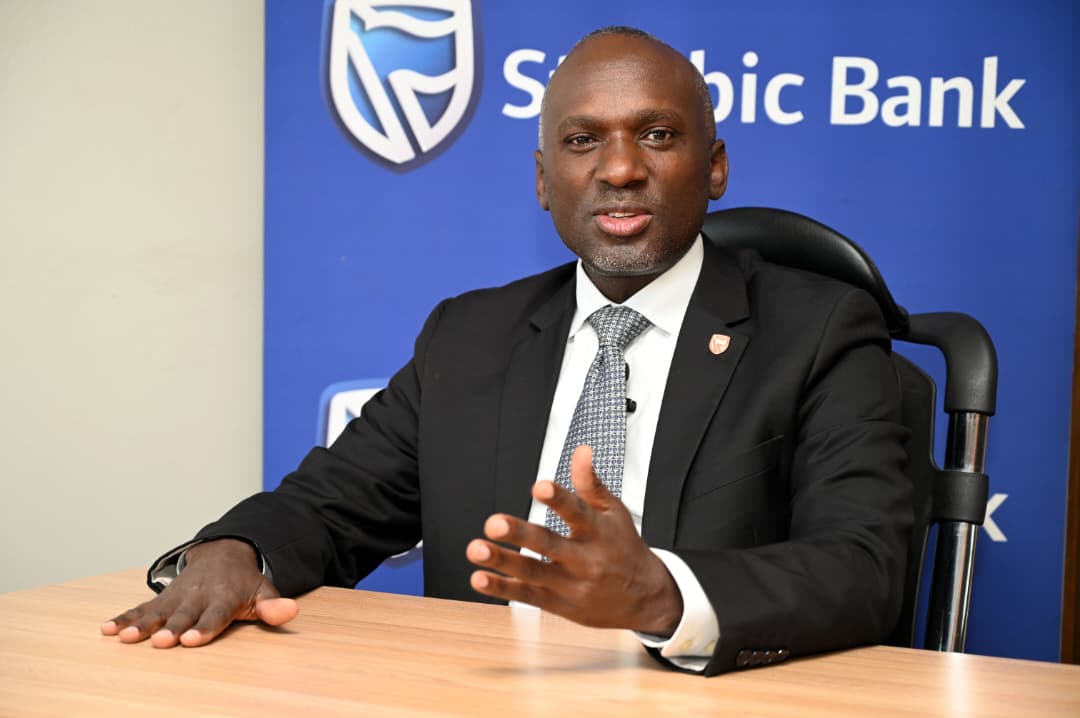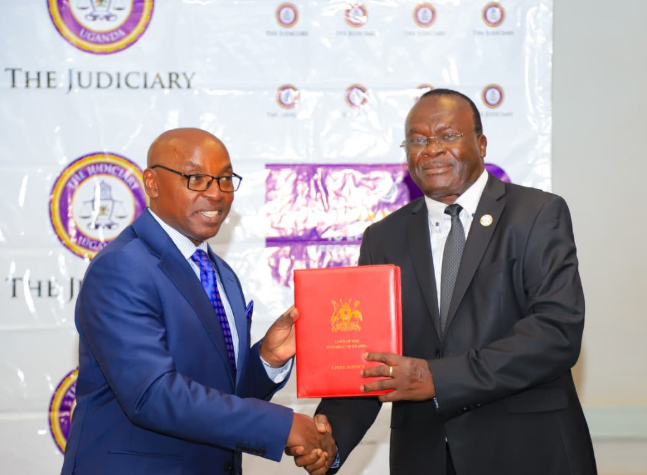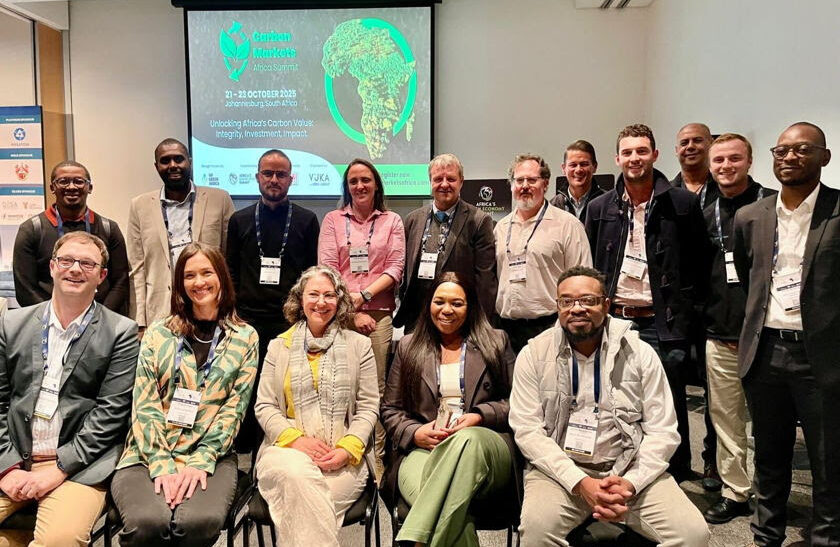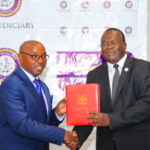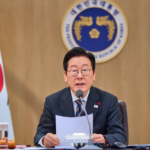The African Tax Administration Forum (ATAF) says Mary Baine has officially assumed her duties as the new Executive Secretary of the organisation, effective July 1, 2025.
Baine’s appointment was formally announced on June 3, 2025, following a rigorous selection process and broad endorsement from ATAF’s member administrations. Her assumption of the role marks a new chapter for ATAF as it continues to strengthen fair, efficient, and contextually relevant tax systems across the African continent.
With over two decades of leadership experience in tax policy, international cooperation, and strategic development, Baine brings to the role a deep commitment to domestic resource mobilisation and inclusive economic growth.
Prior to her appointment, she served as ATAF’s Deputy Executive Secretary, where she was instrumental in advancing the organisation’s strategic priorities and deepening multilateral collaboration.
As Executive Secretary, Baine, a Rwandan national, will lead ATAF in delivering expert technical assistance, capacity-building programmes, and policy support to its 44 member countries. Her vision emphasises scaling up impact, amplifying Africa’s voice in international tax debates, and ensuring that tax systems support both equity and development.’
“We have a shared mission — to build stronger, fairer tax systems that fund Africa’s development,” said Baine. “I look forward to deepening our partnerships, driving meaningful reforms, and working with our members to elevate Africa’s tax agenda on the global stage.”
“ATAF welcomes Ms Baine to her new role and looks forward to a new era of impact under her leadership,’’ the press release says.
Meanwhile, over 40 tax administrators from across Africa participated in ATAF’s Extractives Workshop in Pretoria, South Africa. The workshop formed part of ATAF’s growing focus on hard-to-tax sectors, including telecommunications and financial services, and reflects the organisation’s commitment to capacity building and technical leadership.
This is ATAF’s first standalone event focused on extractives – a sector with immense economic potential, yet one plagued by persistent revenue leakages.
Africa holds over 30 percent of the world’s mineral reserves, and the sector plays a central role in financing development. However, fiscal regimes, incentives, and complex legal frameworks have left many governments collecting far less than they should. For example, while mining makes up 10 percent of GDP and over 50 percent of exports in many resource, it generates just 2 percent in revenue, a signal of imbalanced value distribution.
Over four days, participants explored issues including: The extractives value chain and fiscal instruments; Legal and contractual arrangements in oil, gas, and mining; Production sharing agreements and royalty structures; Transfer pricing, offshore transactions, and tax avoidance; VAT, PIT, and CIT considerations unique to the industry; and International frameworks such as Pillar Two and tax treaty design.
ATAF has already supported countries like Mozambique, Nigeria, and the DRC through the TIWB-ATAF programme, but this initiative goes a step further: creating a sustainable, continent-wide knowledge base for extractives taxation.




